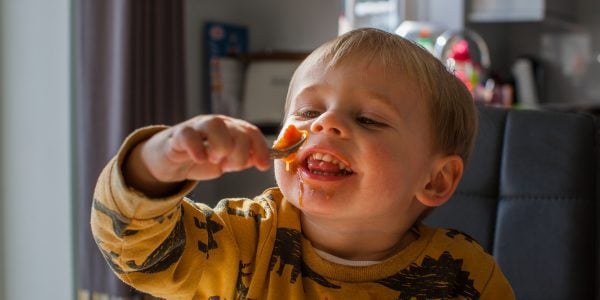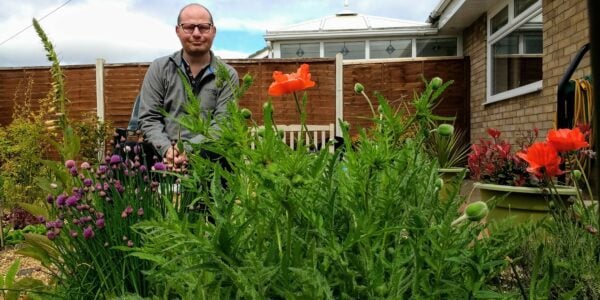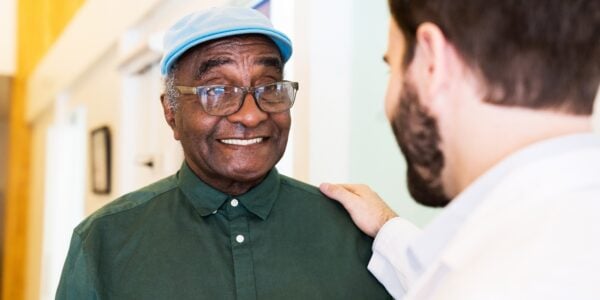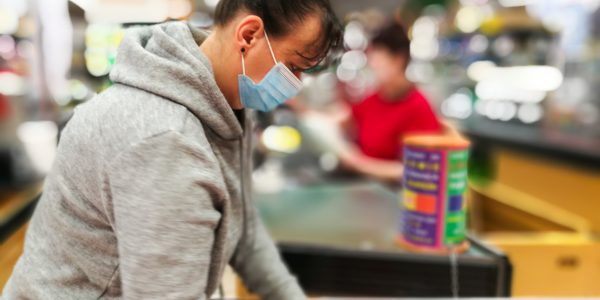The Nuffield Council on Bioethics, an independent body funded by the Nuffield Foundation, Wellcome and the MRC, has today published a new briefing note highlighting the ethical issues that can arise when patients and doctors wish to use experimental treatments.
Several controversies over the use of experimental treatments have been reported in the media recently, including couples feeling duped over expensive fertility treatment ‘add-ons’, deaths following stem cell-engineered larynx transplants, and parents wishing to access experimental treatments for their children abroad.
Meanwhile, success stories such as the compassionate use of modified immune cells in babies with leukaemia at Great Ormond Street Hospital show the potential of experimental treatments to help patients who have otherwise run out of options.
Using three types of experimental treatments as examples: advanced therapies (such as gene and stem cell therapies), surgery, and fertility treatment, the briefing note sets out the ways in which such treatments might be accessed, explains how these treatments are regulated, and summarises some of the ethical issues that patients, families and healthcare professionals need to be aware of.
The Council notes that the use of experimental treatments can raise ethical issues such as:
- Difficulties in assessing how safe and effective the treatment will be – if there is an absence of research evidence, and little or no previous experience to draw on.
- Challenges around informed decision-making and consent – especially when treatments are sought for a child or person who lacks capacity to consent.
- The influence of online information – the availability of online information about experimental treatments can empower patients, but might fail to alert patients to the limits or risks of experimental treatments.
- Ensuring healthcare professionals act responsibly and that any treatment offered to a patient are in their best interests and not driven by other incentives.
- Unequal access – not everyone can afford experimental treatments privately or abroad, and availability can vary between countries, including within the UK.
- Negative impacts on knowledge generation – information about the efficacy and side-effects of an experimental treatment might not be recorded and shared as it would otherwise be within a clinical trial.
Hugh Whittall, Director of the Nuffield Council on Bioethics, said:
“Often, experimental medical treatments are considered as a last hope, when all other options have been exhausted. It is completely understandable that people in this position might be willing to try anything and everything they can, despite uncertainties about the efficacy or safety of the treatment, and the likelihood of there being significant costs involved. A key challenge is balancing the interests of patients with ensuring they are protected from harm, particularly if treatments are offered outside of UK regulation.
“It is important that patients and their families have access to impartial and accurate information, and are made aware of uncertainties about possible outcomes when making a decision about trying an experimental treatment.
“We will be raising these issues with Government and working with regulators, and we are following up this piece of work with a new project exploring how disagreements can develop about the care of critically ill children, and how those disagreements are being resolved.”
Advanced therapies
Experimental stem cell and gene therapies are often aimed at conditions for which there is no existing cure, such as cancers, multiple sclerosis and muscular dystrophy. They offer the potential of a tailored and bespoke treatment and some have been offered in the NHS. Others, however, raise ethical concerns such as unscrupulous marketing practises by clinics, the influence on patient’s expectations of overly optimistic media reports, and the influence of public campaigns over access to very early-stage therapies.
Surgery
There is a strong culture of innovation in surgery. In this area of medicine – more than others – there can be a lack of clarity about what constitutes a new intervention, as opposed to a modification of a routine surgical technique, and patients are sometimes unaware that a surgical procedure offered to them is not routine. There is a lack of systematic oversight of new surgical procedures in the NHS. Initiatives such as the IDEAL collaboration are seeking to improve outcome reporting in surgical innovation.
Fertility
In the private sector, patients are increasingly offered ‘add-ons’ to fertility treatment, with the aim of improving chances of a successful pregnancy. Despite costing between £50 and £8,000 extra, there is limited evidence to support the use of many add-ons, and a recent study found that some clinics in the UK are providing patients with misleading information about the supporting evidence.
Related
-
Briefing note: Patient access to experimental treatmentshttp://nuffieldbioethics.org/project/briefing-notes/experimental-treatments
-
Literature review: Disagreements in the care of critically ill children – Emerging issues in a changing landscape299KB | pdf
-
Experimental Treatmentshttps://www.nuffieldbioethics.org/topics/health-and-society/experimental-treatments


























